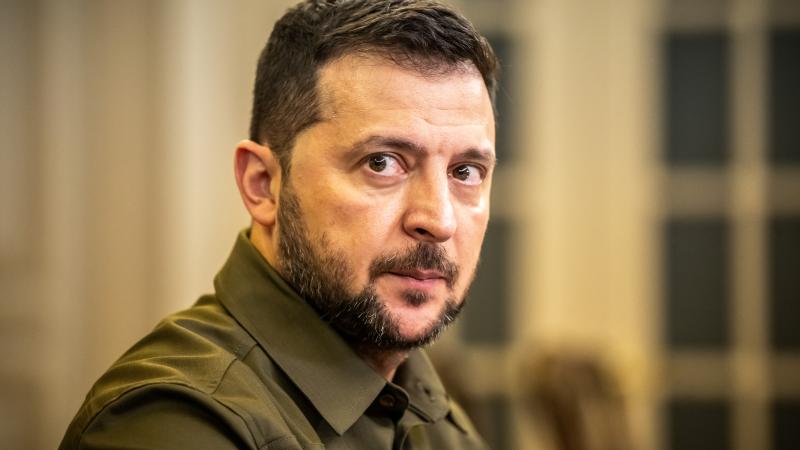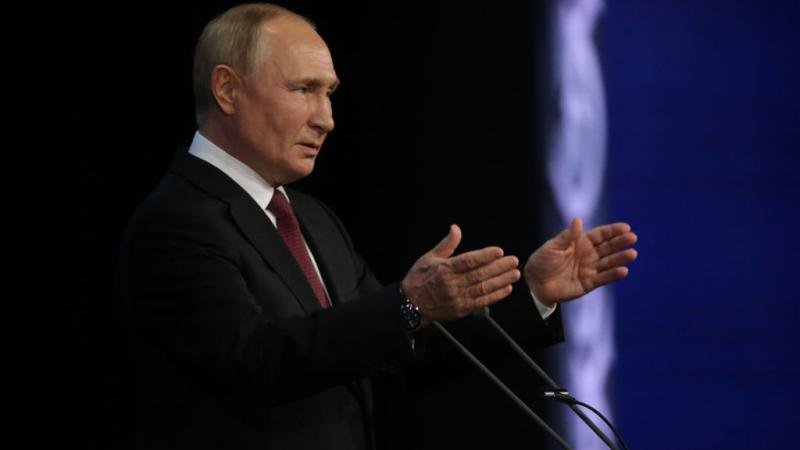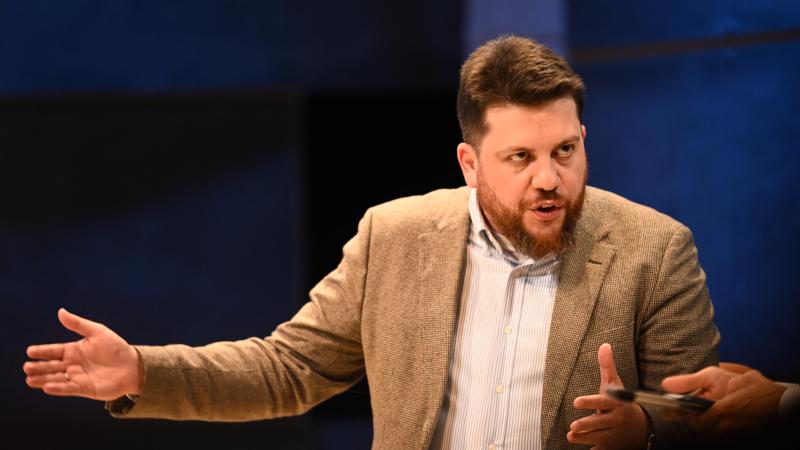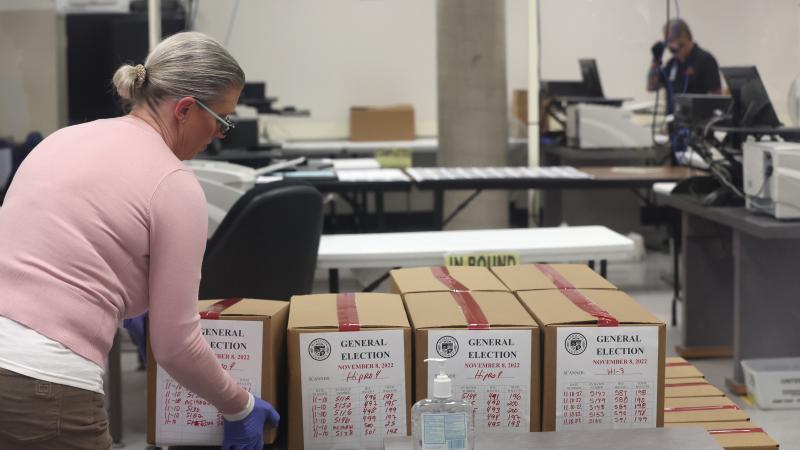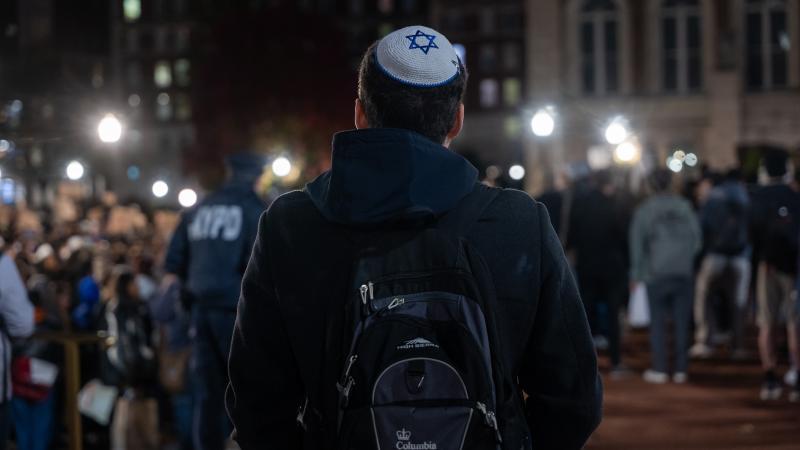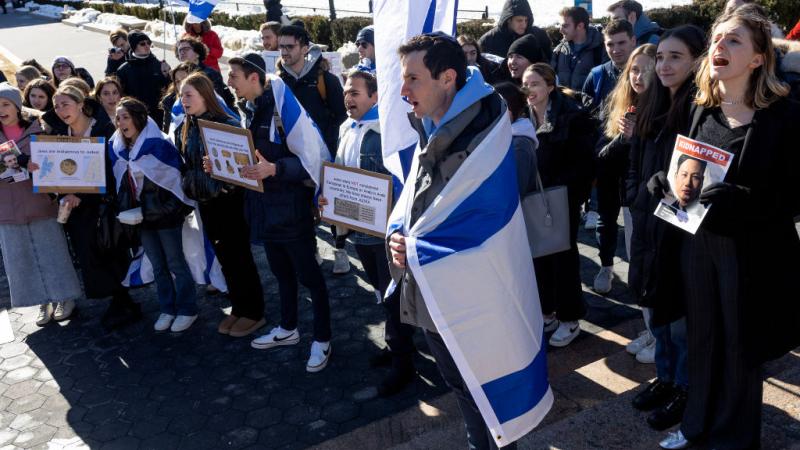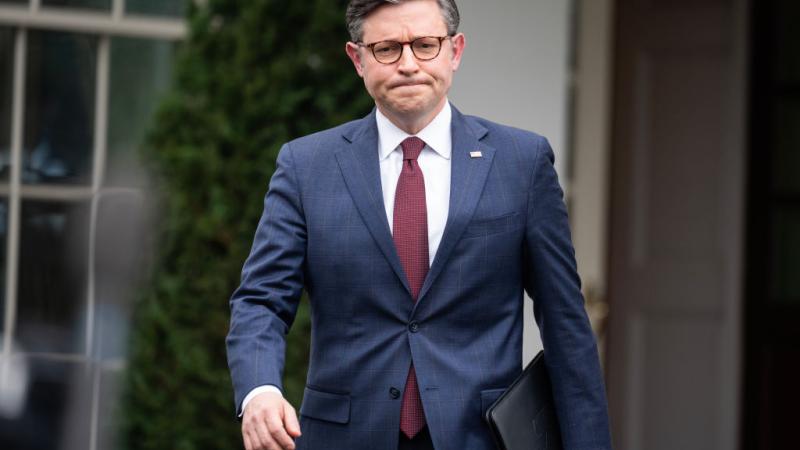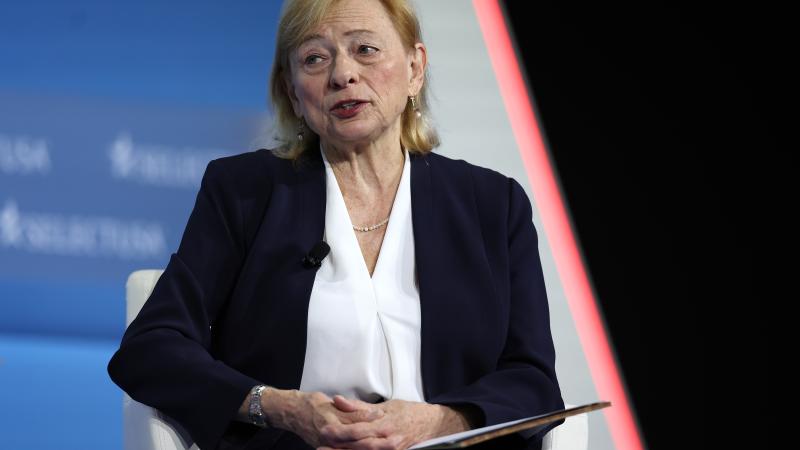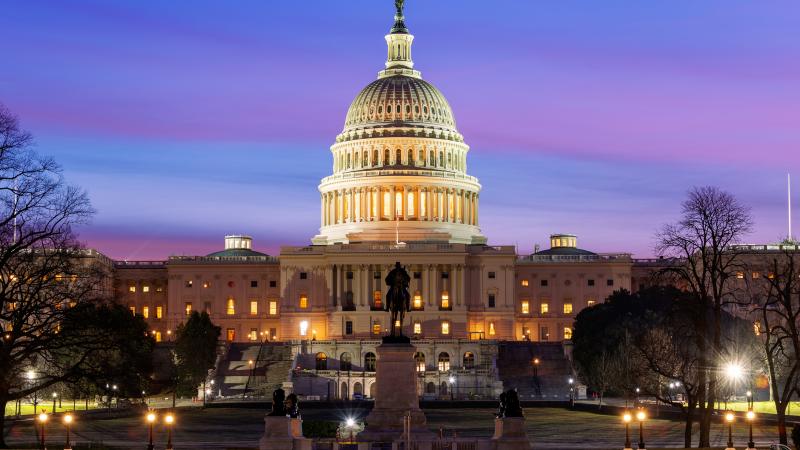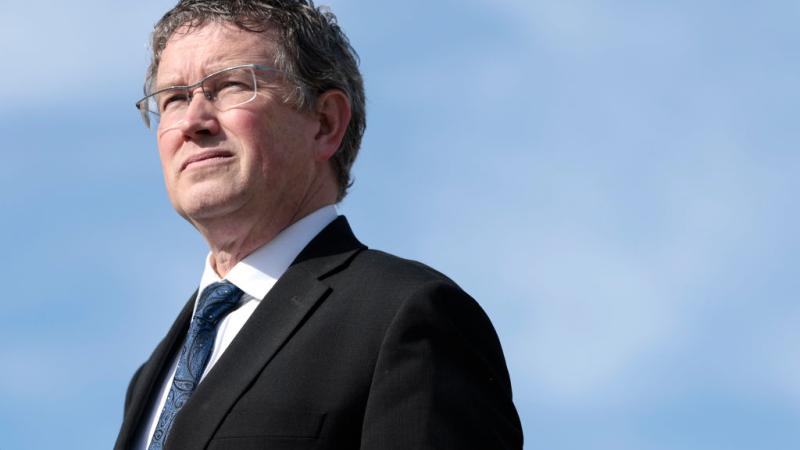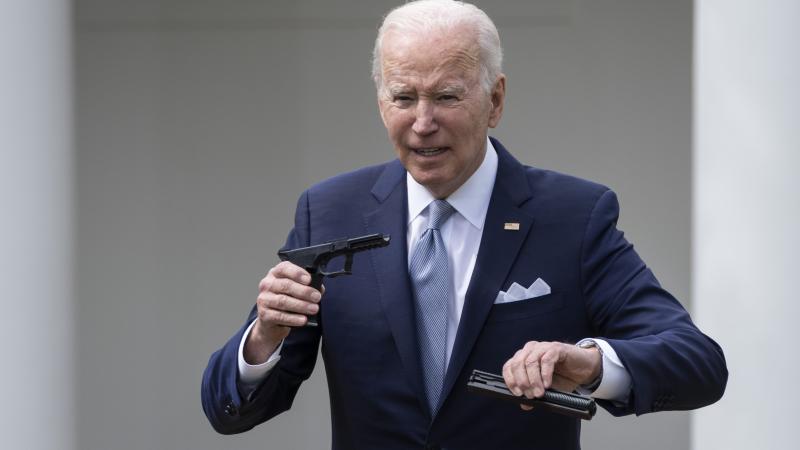Russia collusion, a decade of deceit and the advent of a new info war on Americans
For the first time, we saw in the 2010s a systematic effort by players in institutions to knowingly and willfully promote falsehoods to achieve bureaucratic and political outcomes or, possibly, to foment division in America, the book Fallout argues.
Robert Mueller had been at the witness table several long hours when Rep. Will Hurd finally chimed in. Now in his mid-70s, Mueller, the Justice Department special counsel who oversaw the Trump-Russia probe was not quite the same crisp-speaking Marine whom Americans had come to know as their FBI director during the aftermath of the September 11, 2001, terror attacks through his retirement in 2013.
But his experience still loomed as an asset, especially when it came to the art of refusing to bite on politically loaded questions. He had just finished a five-minute, rapid-fire round of questions from Rep. Joaquin Castro (D-TX) that clearly had frustrated the Democrat’s effort to pin him down on questions about former Trump fixer Michael Cohen.
Mueller’s answers were classic dodges. “I can’t adopt your characterization,” he answered Castro at one moment. The next, he added: “I can’t speak to that.” A few seconds later he threw in “I’m not certain I could go that far,” and finished with, “I defer to you on that....I can’t get into details....I can’t speak to that.” Castro yielded back his time, unsatisfied by his effort to get Mueller to bite on his preferred story line.
Hurd, a Republican from Texas, was up next. A former CIA officer, he shared a common intelligence community experience with the former FBI director. But the odds that he would fare better than Castro in extracting new information from Mueller seemed equally long.
Over the first few hours of the nationally televised hearing, the prosecutor had tenaciously stuck to the text of his four-hundred-plus page report, which had concluded a few months earlier that the Trump campaign had not demonstrably colluded with Vladimir Putin to hijack the 2016 election.
Hurd was a few seconds into his Q& when he sprang a question that uncharacteristically got Mueller to stray outside the confines of his report.
Hurd knew that Mueller had not addressed in his final report anything about the widely reported rumor that Trump’s campaign may have used a computer server inside the Alfa Bank of Russia to secretly communicate with Team Putin during the 2016 election. It was an odd omission given how much attention that allegation had been given in the court of public opinion over three years, contributing to the relentless media narrative of Trump-Russia collusion.
Exclusive Just the News offer: Get a private VIP Q&A session with John Solomon, plus an autographed copy of "Fallout: Nuclear Bribes, Russian Spies and the Washington Lies that Enriched the Clinton and Biden Dynasties." Click here.
The tale appeared to start in the summer of 2016 with a computer blogger who went by the name “Tea Leaves” and an Indiana University computer sciences professor (and Hillary Clinton supporter) named L. Jean Camp. The data they published supposedly demonstrated mysterious computer pings between the Trump Tower in New York and Alfa Bank in Moscow.
By early fall, FBI General Counsel James Baker had brought similar allegations into the bureau’s counterintelligence team, courtesy of a data dump he got from a lawyer who represented the Democratic National Committee. (No political motive there!)
About the same time, Christopher Steele, the former MI6 operative working as a Hillary Clinton opposition researcher for Fusion GPS, walked the Alfa Bank allegation into a senior State Department official, Kathleen Kavalec. She immediately forwarded it to the FBI (though she also cast doubt on its veracity).
Glenn Simpson, the former Wall Street Journal reporter who ran Fusion GPS, did his best to sell the same rumor to senior Justice Department official Bruce Ohr during an early December contact. Ohr shipped it to the FBI as well. And numerous media outlets—Slate, CNN, The New York Times, and The New Yorker among them—peddled the allegation over two years. While the FBI had tried its best to shut down the Alfa Bank rumor for months—its agents had debunked it early on as nothing more than routine computer pings, most likely from marketing spam—Mueller’s team had been silent on the issue. So, Hurd took a crack at getting an answer.
“On October 31st, 2016, Slate published a report suggesting that a server at Trump Tower was secretly communicating with Russia’s Alfa Bank, and then I quote, ‘akin to what criminal syndicates do.’ Do you know if that story is true?” the congressman asked.
“Do not. Do not,” Mueller answered rather hurriedly.
Hurd was not satisfied, convinced that Mueller’s team must have examined such a high-profile claim. “You do not?” he replied in a surprised tone. “...know if it’s true,” Mueller answered.
“So you did not investigate these allegations that are suggestive of potential Trump/Russia...” Hurd began to ask before Mueller cut him off.
“Because I believe it not true doesn’t mean it would not be investigated,” the silver-haired prosecutor snapped back. “It may well have been investigated. Although my belief at this point, it’s not true.”
Hurd had created one of the few newsworthy moments in the hearing, extracting from Mueller a tidbit of information that fell outside the findings specified in his report.
Two words. Not true.
Those words summarized not only Mueller’s assessment of the Alfa Bank allegation. They might as well have been the title for a bad Broadway musical celebrating the decade-long fiasco that began with the 2009 Russia reset and ended with Trump’s impeachment in 2019.
Time and again, government, political, and media elites made declarations to the American public that turned out to be false.
The Obama-Clinton team declared that their “reset” (an appeasement strategy that gave away America’s nuclear business to Moscow) would make Russia a close friend. Obama said that the strategy succeeded.
Not true.
Hillary Clinton and Ambassador Michael McFaul declared Skolkovo the solution to creating a peaceful spy-free technology partnership with Russia.
Not true.
Steele declared in his infamous dossier that his sources had told him that there was a “well-developed conspiracy” between Trump and Putin to hijack the 2016 election.
Not true. And even his primary intelligence source disowned much of what had been attributed to him in the dossier.
James Comey and Rod Rosenstein, two creatures of the permanent Justice Department (DOJ) bureaucracy, declared that the information submitted to secure a Foreign Intelligence Surveillance Act (FISA) warrant targeting the Trump campaign in October 2016 went through a rigorous process to ensure that it had been verified.
Not only was this claim not true, the DOJ inspector general identified fifty-one claims that the FBI and DOJ made in the warrant applications that were demonstrably false, misleading, or unsubstantiated.
Comey would later admit his defense of the FISA warrant was misguided. “I was wrong,” he told Fox News’ Chris Wallace.
The FBI declared that there was good reason to believe that Trump adviser Carter Page was influenced by the Russians.
Not true. Page was actually a CIA asset providing intel on Russia matters, and an FBI lawyer had to alter a document to hide this fact from the FISA judges.
Joe Biden declared that there was nothing untoward with his son Hunter taking a job with a Ukrainian natural gas company (Burisma Holdings) that had a reputation for corruption while the vice president oversaw U.S. policy in that country.
Not true. A State Department official testified that he and his colleagues saw the appearance of a conflict of interest and even tried to block some federal business from going to Burisma on Hunter Biden’s watch because of corruption concerns.
House Democrats in their impeachment proceedings declared that there was evidence that Trump withheld foreign aid in a July 2019 call with Ukraine’s president as pressure for an investigation of the Bidens.
Not true. Ukrainian prosecutors had already opened the investigation months earlier, and there was no mention of foreign aid being tied to a Biden investigation in the call.
Politics has always involved degrees of lying, exaggeration, and mistruths. As comics like to joke, “show me a good politician and I’ll show you a good liar.” But the ten-year period that began with the Obama presidency in 2009 was a far more consequential Decade of Deceit.
Some of that deceit came from a new mastery by foreign adversaries of the ancient spy craft of disinformation. As Russia showed with its intervention in the 2016 American election, the 2010s opened a new era of social media manipulation, information insecurity, and manufactured news that could be hijacked to foment social and political unrest.
The United States is a prime target for all those foreign adversaries that resent the success of our economy and the freedoms afforded by our democracy. U.S. military and intelligence chiefs are right to raise the alarm about this trend, and American high-tech companies are justified in seeking new fortifications to this advanced form of warfare.
But the more consequential deceit of the last decade came from institutions—the FBI, the Justice Department, the State Department, and the mainstream media—where truth had once been mandatory for the bedrock trust the American public placed in them.
For the first time, we saw in the 2010s a systematic effort by players in these institutions to knowingly and willfully promote falsehoods to achieve bureaucratic and political outcomes or, possibly, to foment division in America.
This institutional dishonesty had proliferated faster than North Korean missile tests, Iranian enrichment sites, or mating bunnies. And the advent of social media and “Big Tech” companies added digital warfare to the arsenal.
False stories could be propagated at the speed of light on the information highway, and dissenting voices were stifled through digital censorship unseen in any prior era.
At the same time, nonprofit institutions funded by a new generation of American billionaires like George Soros could wage information and disinformation campaigns to achieve ideological outcomes sought by their benefactors. And the American public would accept the incoming data because of the good-sounding name of the group, the reputation of its billionaire founder, or the hipness of its social media appeals.
Just as alarming, a financially weakened and less-experienced journalism profession began to aid and abet disinformation in ways that would make Walter Cronkite turn in his grave.
Can you remember a time when an FBI lawyer was caught doctoring an official government document to deceive a court? It happened during the Trump-Russia collusion case.
The boldness of this new generation of federal bureaucrats to impose their own will cannot be overstated. Not when you consider the crafty dishonesty employed by the FBI in sustaining the myth of the Steele dossier.
This is an excerpt from Chapter 10 of the John Solomon's and Seamus Bruner's new book, Fallout: Nuclear Bribes, Russian Spies and the Washington Lies that Enriched the Clinton and Biden Dynasties.

